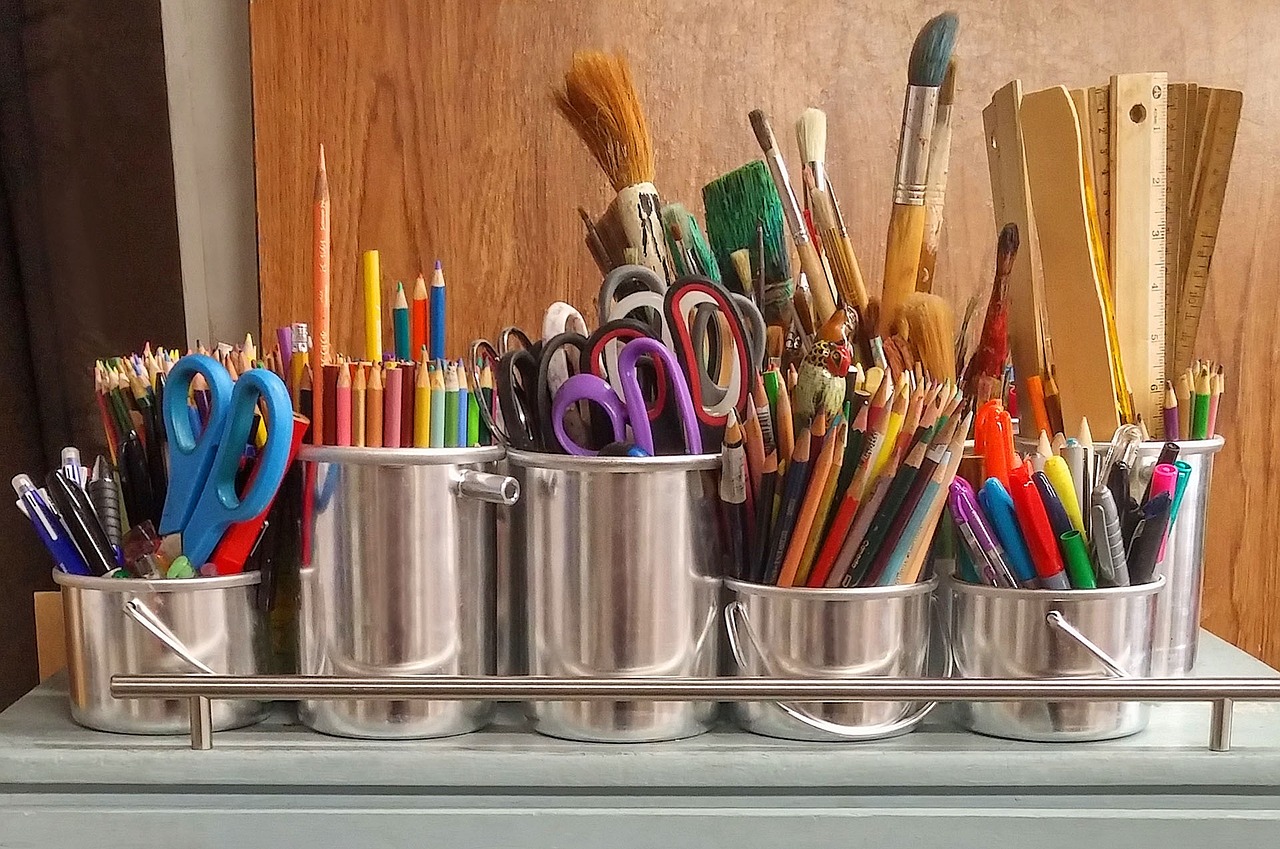In an emergency
In a medical emergency or life-threatening situation, attend your nearest Accident & Emergency (A&E) or call 999.
Urgent help in a mental health crisis
- A mental health crisis often means that you no longer feel able to cope or be in control of your situation.
- You may feel things (although this may be different for individuals) including emotional distress, anxiety, and an inability to cope with day-to-day life or work. You may think about harming yourself, taking your own life, or experience hallucinations and/or hear voices.
- A crisis can also be the result of an underlying medical condition, such as confusion or delusions caused by an infection, overdose, illicit drugs or intoxication with alcohol.
You may feel that it will never feel better and nothing will help – these can go along with feeling in crisis, but these feelings will pass, and you can feel better. Whatever the cause, if you feel unsafe or that you cannot cope, you need to seek help and assistance immediately. Please see the ‘urgent support – contact details’ section below.
Our mental health helpline and support service is available 24 hours a day, seven days a week for residents of Derby and Derbyshire. Dial 111 and select option 2 (mental health). Learn more on our helpline page.
If you decide that you do need to ask for help, this is where you can find some options on where to go, as well as suggestions on how to search for services that might be more specific to you.
| Service | Role of the service |
|---|---|
|
Derbyshire Mental Health Helpline and Support Service
|
Wherever you are in the country, you can dial 111 and select the 'mental health' option to reach the NHS helpline in your area. You can also contact the service via SignVideo if you are Deaf or hearing impaired - learn more on the helpline website, www.derbyshirehelpline.com Alternatively, Shout is a free, confidential, 24/7 text messaging service for anyone who is struggling to cope with their mental health. Text "SHOUT" to 85258 to contact the Shout Crisis Text Line, or text "YM" if you're under 19. |
| Safe Havens in Derby and Chesterfield |
Open from 4.30pm to 12.30am, 365 days a year, to anybody who is 18 years or above. Offering support when you feel overwhelmed or unable to cope. Derby safe havenSelf-refer by calling on 0330 0083722 or drop in to the service at 309 Burton Road, Derby DE23 6AG. The service is run by Waythrough. Learn more about it on the Derby City Life Links website. Chesterfield safe havenSelf-refer by calling on 01246 949410 or drop in to the service at 188 North Wingfield Road, Grassmoor, Chesterfield, S42 5EJ. It is run by the charity P3. You can also self-refer by making a booking on the P3 website. GP referralYour GP or a health professional can also refer you by contacting the Derbyshire Mental Health Helpline to discuss what your current needs may be. If the Safe Haven seems appropriate, a member of the Safe Haven team will contact you and accommodate you within the same day. What are the safe havens?The safe havens provide a responsive, tailored support service for people over 18 who are experiencing immediate mental health needs or feel that they are experiencing a crisis. This is a compassionate and non-judgmental space offering therapeutic support around ongoing safety and wellbeing, next steps in recovery and help with building a sense of hope for the future. |
| Crisis support drop-in services |
Open Fridays and Saturdays 6pm to 11pm, and Sundays 2.30pm to 5.30pm, in Buxton, Swadlincote and Ripley. Buxton drop-in serviceLocated at Zink in the Market Street Car Park (top of Clough Street), SK17 6LJ. Learn more about the Buxton crisis support drop-in service on the Derbyshire Mind website. Ripley drop-in serviceThe Ripley service is at The Croft, Slack Lane (just off Ripley Market Place), DE5 3HF. Learn more about the Ripley crisis support drop-in service on the Derbyshire Mind website. Swadlincote drop-in serviceThe Swadlincote service is at 12-14 West Street (opposite the Empire Cinema), DE11 9DE. Learn more about the Swadlincote crisis support drop-in service on the Derbyshire Mind website. What are the crisis support drop-in services?These drop-in services, run by Derbyshire Mind in partnership with local community organisations, offer an out-of-hours friendly and welcoming community crisis support space. They are open to anyone over 18 experiencing a mental health crisis or emotional distress. This is an opportunity to get support and help in a relaxed and comfortable environment. |
| Accident and Emergency (A&E) | In medical emergency and life-threatening situations only, where you have taken an overdose or need urgent medical attention. |
| Emergency GP appointments |
When you require support for your mental health, but there’s no immediate danger to your safety or the safety of others. If you don’t have a GP, use the NHS website to locate the nearest one to you. |
| Crisis teams |
When you need urgent support, and you are already in contact with your local mental health services. During office hours your first point of contact should be the person you usually see. |
| Samaritans |
24/7 listening service that offers support if you feel you need to talk to someone urgently about how you are feeling Call: 116 123 (Freephone from landlines and mobiles) Email: jo@samaritans.org Website: www.samaritans.org |
| HOPEline UK |
Listening service for young people under the age of 35 who may be having thoughts of suicide. Run by the charity Papyrus. Call: 08000 684141 Text: 88247 Email: pat@papyrus-uk.org |
| SANEline |
A national, out-of-hours mental health support line offering specialist emotional support and information to anyone affected by mental illness, including family, friends and carers. Call: 0300 304 7000 (4pm – 10pm every day) Website: www.sane.org.uk |
| The Silver Line |
Free confidential support line providing information, friendship and advice to older people, open 24 hours a day, every day of the year. Call: 0800 4 70 80 90 |
| CALM |
The Campaign Against Living Miserably (CALM) support line is for men in the UK who are down or have hit a wall for any reason, who need to talk or find information and support. Call: 0800 58 58 58 (5pm to midnight every day) Website: www.thecalmzone.net |
| Social Care |
The role of an out of hours 'careline' is to make people feel safe until the next working day. Daytime workers may become involved to follow up on a problem that has been dealt with at night or over a weekend.
|
In addition, there are several websites and organisations that can help you to find out what services are available in your area:
- Derby and Derbyshire emotional health and wellbeing website - a website jointly developed by the NHS and local authorities in Derby and Derbyshire as a directory of resources for local residents (both adults and children) and health professionals.
- Hub of Hope website - a place to search for local support services connected to mental wellbeing. View the Hub of Hope search tool at the bottom of this page.
- Mental Health Support Map Derbyshire - which shows different types of mental health support services and groups on a searchable map.
- The Mind Infoline - you can can call Mind on 0300 123 3393, email info@mind.org.uk or text 86463. They are open 9am-6pm, Monday to Friday.
You might be feeling confused and frightened by what you’re experiencing, particularly if this hasn’t happened to you before. Recognising your experiences from the NHS website may help you to further understand and make sense of what is happening.
Suicidal thoughts and thoughts of harming yourself
Having suicidal thoughts can be overwhelming and frightening. It can be difficult to know what to do and how to cope. You may feel terribly alone at the moment, but it is important to know that other people have been in similar situations and had similar feelings to those you’re having now. Other people have also felt like ending their lives, and will have had similar thoughts to your own.
Writing down your thoughts
Describing how you’re feeling might help you to reflect on the current situation.
You can also use it to help you find information that is most useful to you right now.
Speaking to someone you trust
Let family or friends know what’s going on for you. They may be able to offer support and help keep you safe. There is no right or wrong way to start this conversation.
If you’re not sure how to start this conversation, these tips on the Time to Change website might help.
What can I do to help myself cope?
If you’re feeling overwhelmed, out of control or suicidal, you might want to try different methods of calming yourself down. There are some specific strategies that a crisis team might try and use with you to manage and minimize any symptoms you might be experiencing.
Coping techniques
Coping techniques are simple exercises that try to accept, address and reduce the things you are experiencing.
Tips for coping right now:
- Try not to think about the future – just focus on getting through today
- Stay away from drugs and alcohol
- Get yourself to a safe place, like a friend's house
- Be around other people
- Do something you usually enjoy, such as spending time with a pet
If you have a safety/ crisis plan

If you have previously been in contact with mental health services you may have developed a safety/crisis plan to help you manage at times of distress, you should refer to this now if you feel you are able to. Your safety plan should include things that you could do to help yourself, such as going for a walk or listening to music. If you feel you need support from others, you should contact the individuals who you have noted down on your safety plan or the staff member or team who helped you to create your safety plan.
If you are finding it difficult to focus or are unsure how to manage the next few hours, writing down what you’ll do next might help you feel more in control of the situation. Once you've gone through it, it might be helpful to save your plan to help you remember in case you're struggling again in the future.
Relaxing and calming exercises

If you are feeling anxious, scared or suicidal there are many things you can do to help yourself cope. Relaxing and calming exercises can help you to take control of your breathing and thoughts to help you cope in the present moment. Mindfulness and Relaxation techniques have been shown to be effective for individuals in distress. Find below a number of free mindfulness and calming exercises;
- Mind – Relaxing and Calming Exercises
- NHS - Mindfulness
- Free Mindfulness Activities
- Pixel Thoughts – A 60-second meditation tool to help clear your mind
There are also a number of apps for mobile devices that can help relieve stress and anxiety.
Practical activities
Doing something practical might not sort things out long-term, but right now the most important thing is to feel better in the short term. Many people find that making or doing something practical can take their mind of the thoughts and feelings that are worrying them.
Writing
Becoming a character or writing about an alternative world can help to shift your focus and redirect your mind if your thoughts are currently too overwhelming.
Try these writing exercises on the ThinkWritten website if you would like inspiration for something to write about.
Crafting

Lots of people find crafting a good distraction if their thoughts and feelings became too overwhelming. Why not try these craft activities on the Crafts By Amanda website to help get you started?
Music

Music has been shown to have a positive impact on mood and well-being. Why not listen to your favourite song or artist, or find some new music on the internet?
Websites and apps
 It can be often useful to take your mind off the present. Websites and apps are a great way to do this. Please see below for some ideas on the websites you can visit:
It can be often useful to take your mind off the present. Websites and apps are a great way to do this. Please see below for some ideas on the websites you can visit:
More advice
Taking care of my mental health
- Contact a local NHS Talking Therapies provider. You will be able to get help to manage issues such as depression, low mood, anxiety, stress or panic.
- Speak to your GP about how you are feeling. Your GP can help you and suggest help for your mental health and wellbeing.
Connect with other people in your community
- Spend time developing and nurturing relationships with friends, family, neighbours and colleagues. Befriending services can help support you if you are feeling lonely and isolated, find out more about local services in Derbyshire: https://www.derbyshire.gov.uk/social-health/adult-care-and-wellbeing/getting-out-and-about/befriending/befriending-services.aspx and Derby: www.communityactionderby.org.uk/volunteering
Stay active
- Try to find an activity that you enjoy, and that keeps you active, such as walking, swimming, cycling or playing football. Evidence shows that an improvement in your physical health can help improve your mental health. You can find out more about staying active in Derbyshire: https://www.derbyshire.gov.uk/social-health/health-and-wellbeing/your-health/healthy-and-active-lifestyles/active-lifestyles.aspx and in Derby: https://www.derby.gov.uk/health-and-social-care/your-life-your-choice/being-active-in-community/
Learn new skills
- Learning new skills can increase confidence and give you a sense of accomplishment. Find more information about courses in Derbyshire: www.derbyshire.gov.uk/education/adult-education/adult-community-education.aspx and in Derby: www.adult-learning-derby.org.uk/
Give to others
- Helping others, saying thank you, or giving someone a smile can help to improve your self-esteem and improve your emotional health. Find out how you can volunteer in Derbyshire: www.derbyshire.gov.uk/community/volunteering/volunteering-in-derbyshire.aspx and Derby: www.derby.gov.uk/community-and-living/community-advice/volunteering-information-advice/ and help in your community, build up new social networks, and gain experience if you're looking for a job.
Take notice
- Being more aware of the present moment, the world around you and your own feelings and thoughts, can help you to positively change how you're feeling about life. Take a look at the www.nhs.uk/mental-health/feelings-symptoms-behaviours/feelings-and-symptoms/ website designed to recommend ways and resources to help you better understand how you feel.
Unsure of where to go? The following websites and organisations can help you to find out what services are available in your area:
- Visit www.derbyandderbyshireemotionalhealthandwellbeing.uk/
- Visit www.hubofhope.co.uk/
- Visit www.mind.org.uk/information-support/helplines/ or call 0300 123 3393
Other available support services that can help:
- Visit www.samaritans.org/ or call: 116 123 (Freephone from landlines and mobiles)
- Visit www.papyrus-uk.org/papyrus-HOPELINE247/ or call 08000 684141
- Visit www.sane.org.uk/ or call 0300 304 7000 (4pm – 10pm every day)
- Visit www.thesilverline.org.uk/ or call 0800 4 70 80 90
- Visit www.thecalmzone.net/ or call 0800 58 58 58 (5pm to midnight every day)

